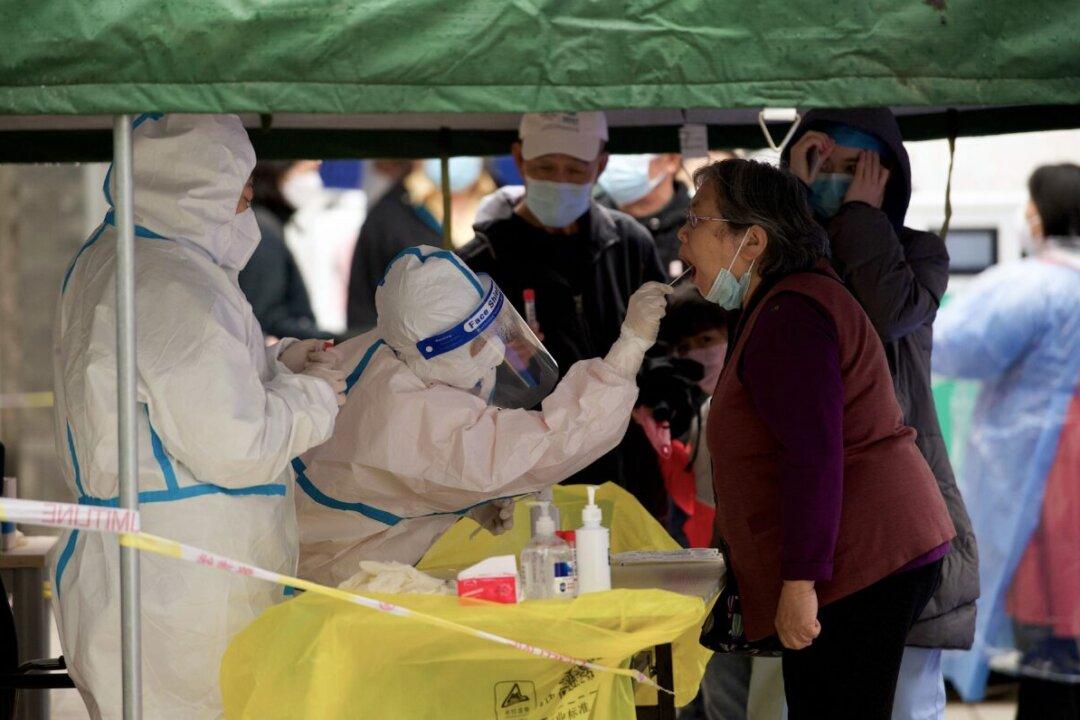News analysis
Four cities in China have reportedly proposed to regularly conduct compulsory massive nucleic acid testing after Shanghai announced that it achieved “basic zero-clearance at the social level.” The move is regarded by some analysts as a way of “coexisting with the virus,” and indicates that the Chinese Communist Party (CCP) might be ending its zero-COVID policy amid economic impacts.





